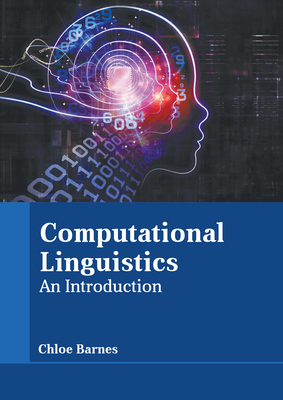Effective Approaches to Neural Query Language Identification
IF 5.3
2区 计算机科学
Q2 COMPUTER SCIENCE, ARTIFICIAL INTELLIGENCE
引用次数: 0
Abstract
Abstract Query language identification (Q-LID) plays a crucial role in a cross-lingual search engine. There exist two main challenges in Q-LID: (1) insufficient contextual information in queries for disambiguation; and (2) the lack of query-style training examples for low-resource languages. In this article, we propose a neural Q-LID model by alleviating the above problems from both model architecture and data augmentation perspectives. Concretely, we build our model upon the advanced Transformer model. In order to enhance the discrimination of queries, a variety of external features (e.g., character, word, as well as script) are fed into the model and fused by a multi-scale attention mechanism. Moreover, to remedy the low resource challenge in this task, a novel machine translation–based strategy is proposed to automatically generate synthetic query-style data for low-resource languages. We contribute the first Q-LID test set called QID-21, which consists of search queries in 21 languages. Experimental results reveal that our model yields better classification accuracy than strong baselines and existing LID systems on both query and traditional LID tasks.1神经查询语言识别的有效方法
摘要查询语言识别在跨语言搜索引擎中起着至关重要的作用。Q-LID存在两个主要问题:(1)查询中上下文信息不足,无法消除歧义;(2)缺乏针对低资源语言的查询式训练示例。在本文中,我们提出了一个神经Q-LID模型,从模型架构和数据增强的角度缓解了上述问题。具体地说,我们在高级Transformer模型的基础上构建我们的模型。为了提高查询的辨别能力,将各种外部特征(如字符、单词和脚本)输入到模型中,并通过多尺度注意机制进行融合。此外,为了解决该任务中的低资源挑战,提出了一种新的基于机器翻译的策略来自动生成低资源语言的综合查询式数据。我们贡献了第一个Q-LID测试集,称为QID-21,它由21种语言的搜索查询组成。实验结果表明,在查询和传统LID任务上,我们的模型比强基线和现有LID系统具有更好的分类精度
本文章由计算机程序翻译,如有差异,请以英文原文为准。
求助全文
约1分钟内获得全文
求助全文
来源期刊

Computational Linguistics
工程技术-计算机:跨学科应用
CiteScore
15.80
自引率
0.00%
发文量
45
审稿时长
>12 weeks
期刊介绍:
Computational Linguistics, the longest-running publication dedicated solely to the computational and mathematical aspects of language and the design of natural language processing systems, provides university and industry linguists, computational linguists, AI and machine learning researchers, cognitive scientists, speech specialists, and philosophers with the latest insights into the computational aspects of language research.
 求助内容:
求助内容: 应助结果提醒方式:
应助结果提醒方式:


